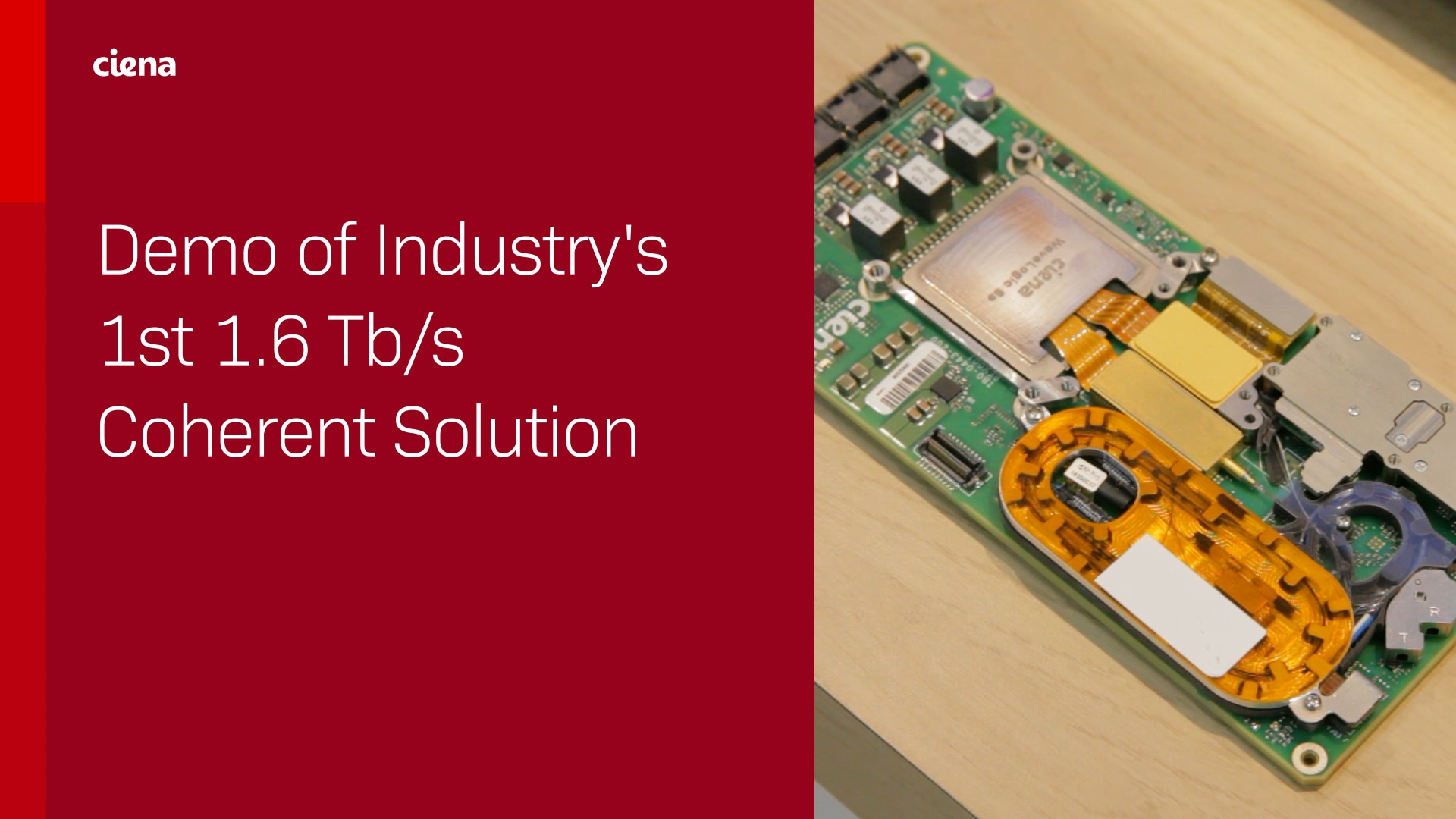Reducing resourcing challenges by out-tasking multi-vendor network infrastructure projects
 Businesses today are constantly changing, often in unique and different ways due to market-specific conditions, but they all share something in common: a complex network environment. Operators are always looking for ways to optimize their network, at once reducing complexity while adding flexibility to handle the rapidly growing traffic demands.
Businesses today are constantly changing, often in unique and different ways due to market-specific conditions, but they all share something in common: a complex network environment. Operators are always looking for ways to optimize their network, at once reducing complexity while adding flexibility to handle the rapidly growing traffic demands.
These conditions often create a need for multi-vendor networks. If a business would like to reduce its OPEX and at the same time improve network performance without significantly increasing their IT resources, then buying network equipment from multiple vendors and leveraging vendor-specific services to implement and maintain this disparate equipment become critical.
However, multi-vendor projects come with their own set of challenges. For example, the multi-vendor approach often reduces visibility across the network, making it difficult to plan effectively or to provision resources to support new services rapidly. What’s more, the cost of working with multiple suppliers and in-house service teams to design and deploy solutions can be prohibitive and a logistical challenge, as well as requiring multiple custom interfaces.
Very often, corporations don’t have the ability to recruit the right highly specialized personnel to meet all these technical requirements stemming from a multi-vendor network, and most vendors only focus on their own products and solutions. In addition, many activities only address single lifecycle phases, such as Build or Operate phases, so orchestrating activities across the entire lifecycle to create a more robust network also becomes challenging in a multi-vendor environment.
What’s a business to do with all this complexity?
In order to resolve these issues—especially for geographically dispersed multi-vendor networks that would benefit from a single point of engagement and unified activities—businesses are compelled to out-task their multi-vendor operations to a single provider of specialized network services. If they do, they need to ensure that the out-tasked multi-vendor operations are actually successful. In particular, they need to ensure that the provider of multi-vendor services focuses on the following:
- A broad set of multi-vendor program and project management skills
- An expansive ecosystem of partners with complementary rather than conflicting or overlapping skills
- Flexible solutions that meet operators’ specific technology and business needs
- A vendor-agnostic approach that puts operators’ needs first, not the needs of specific vendors
- End-to-end delivery capabilities
- Scalability to handle multiple projects concurrently
- An experienced regional support for multi-vendor projects
To help operators reduce the costs, complexity, and timelines associated with deploying multi-vendor network infrastructures, Ciena has developed multi-vendor capabilities for all phases of the network lifecycle, from early architecture to iterative network optimizations. Ciena’s in-depth knowledge of all major network vendors, with extensive experience in deploying equipment at all network layers, helps mitigate project risk for even the most complex multi-vendor environments.
Additionally, Ciena delivers end-to-end capabilities for complex multi-vendor network infrastructure projects, thus helping a company’s resources to focus on their core and important business functions instead of trying to keep up with these IT challenges from many different network vendors. In turn, this reduces costs associated with multi-vendor operations. Significant OpEx relief is a positive outcome that customers can expect.
Ciena is a flexible multi-vendor delivery partner. Where large organizations struggle to adapt their delivery processes to growing business needs, Ciena takes a more adaptable and customized approach. This allows Ciena to ringfence equipment in the supply chain to speed up delivery, move resources during busy times, and work in an agile way with partners to bring in additional skilled resources as and when they are needed.
Here are some reasons why Ciena is ideally suited for delivering high-value multi-vendor support capabilities:
- Ciena – A trusted vendor
Ciena is uniquely positioned to be a provider of choice for multi-vendor and multi-region networks because we are well-recognized in the market as an expert provider of core networking technology at multiple layers of the network. Due to our position in the network ecosystem, we can be part of the long-haul portions of the network and see the network from a holistic perspective.
- Experience and skills across all vendor technologies and network layers
With Ciena solutions delivering end-to-end network lifecycle services, we have gained in-depth knowledge and experience in networking alongside our existing optical and Ethernet networking capabilities. We also work with the same partners who routinely plan and deploy multi-vendor solutions from all the biggest names in networking within layers 0 to 3 of the network.
- Support for international multi-vendor projects
Ciena is able to support end-to-end delivery of multi-vendor projects in multiple countries due to its global presence. Many large enterprise and service provider networks are multi-regional or global, and Ciena can provide a single point of contact for multi-vendor capabilities across geographically disperse areas of the network.
- Highly experienced engineering professionals
Ciena’s highly trained and experienced professionals take the operational burden off the business, helping customers refocus IT efforts on supporting their core business functions. This in turn helps to lower costs because the business no longer has to contend with recruiting, hiring, training, and retaining their own technical professionals. This is a particularly time-consuming and expensive part of supporting a multi-vendor network, and Ciena assumes the burden instead of the customer.
- As adaptive as your network
In order to provide more value to operators incrementally over a contract lifecycle, Ciena’s Adaptive Network vision helps to deliver significant economies of scale as volume grows and offers flexibility and adaptability. Many other providers simply ignore opportunities for optimization.
Visit our Ciena Services page for more information about Ciena’s capabilities and how we can help operators reduce complexity and bring new infrastructure and services to market faster.






